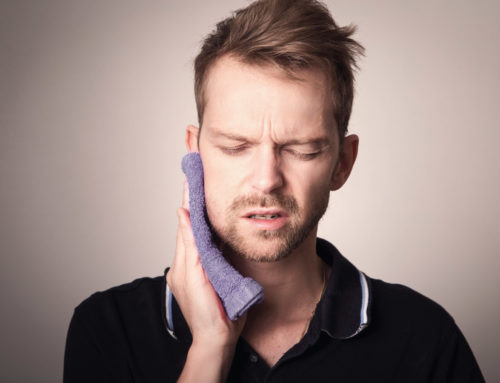Sleep apnea, a disorder characterized by recurrent episodes of interrupted breathing during sleep, can have a significant impact on oral health. Here are some ways sleep apnea can affect oral health:
- Bruxism: Sleep apnea can cause teeth grinding and clenching, known as bruxism, which can wear down tooth enamel and cause jaw pain.
- Dry mouth: Sleep apnea can cause dry mouth, which can increase the risk of tooth decay and make it more difficult to swallow.
- Tooth decay: Sleep apnea can cause tooth decay because the dry mouth can make it easier for bacteria to cause decay.
- Gum disease: Sleep apnea can cause inflammation of the gums, known as gingivitis, which can lead to gum disease if left untreated.
- Oral trauma: Sleep apnea can cause oral trauma, such as ulcers, abrasions, and lacerations on the cheeks, gums, and tongue.
- Dental problems: Sleep apnea can cause dental problems such as cracked or broken teeth, worn tooth enamel and jaw pain.
- Sleep deprivation: Sleep apnea can also cause sleep deprivation, which can lead to fatigue and an increased risk of accidents and injuries.
It’s important for people with sleep apnea to seek treatment for the disorder and visit the dentist regularly. Early detection of oral health problems can help to prevent more serious issues. A dentist can also help to develop an oral care routine that addresses the specific oral health problems caused by sleep apnea.



